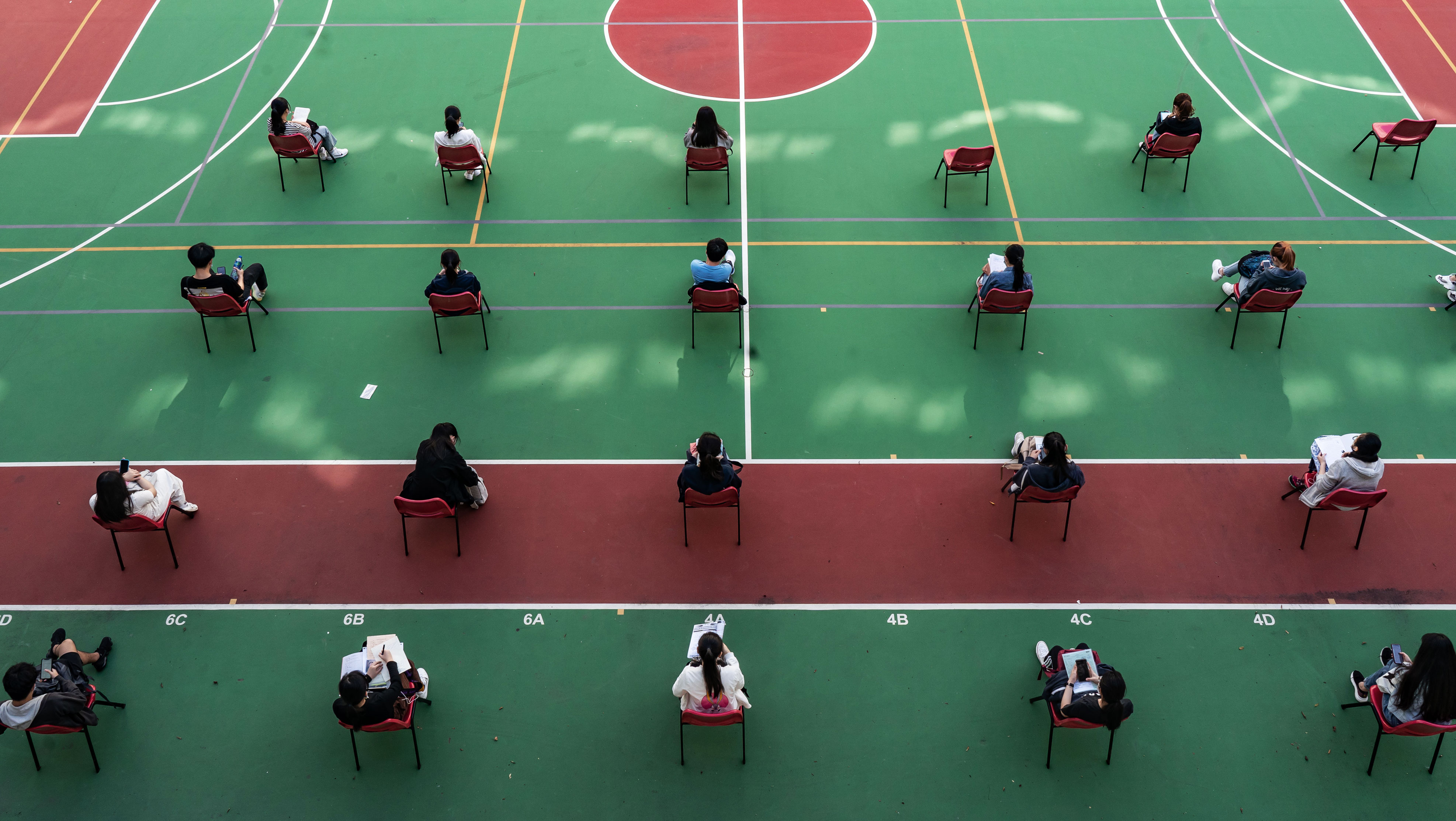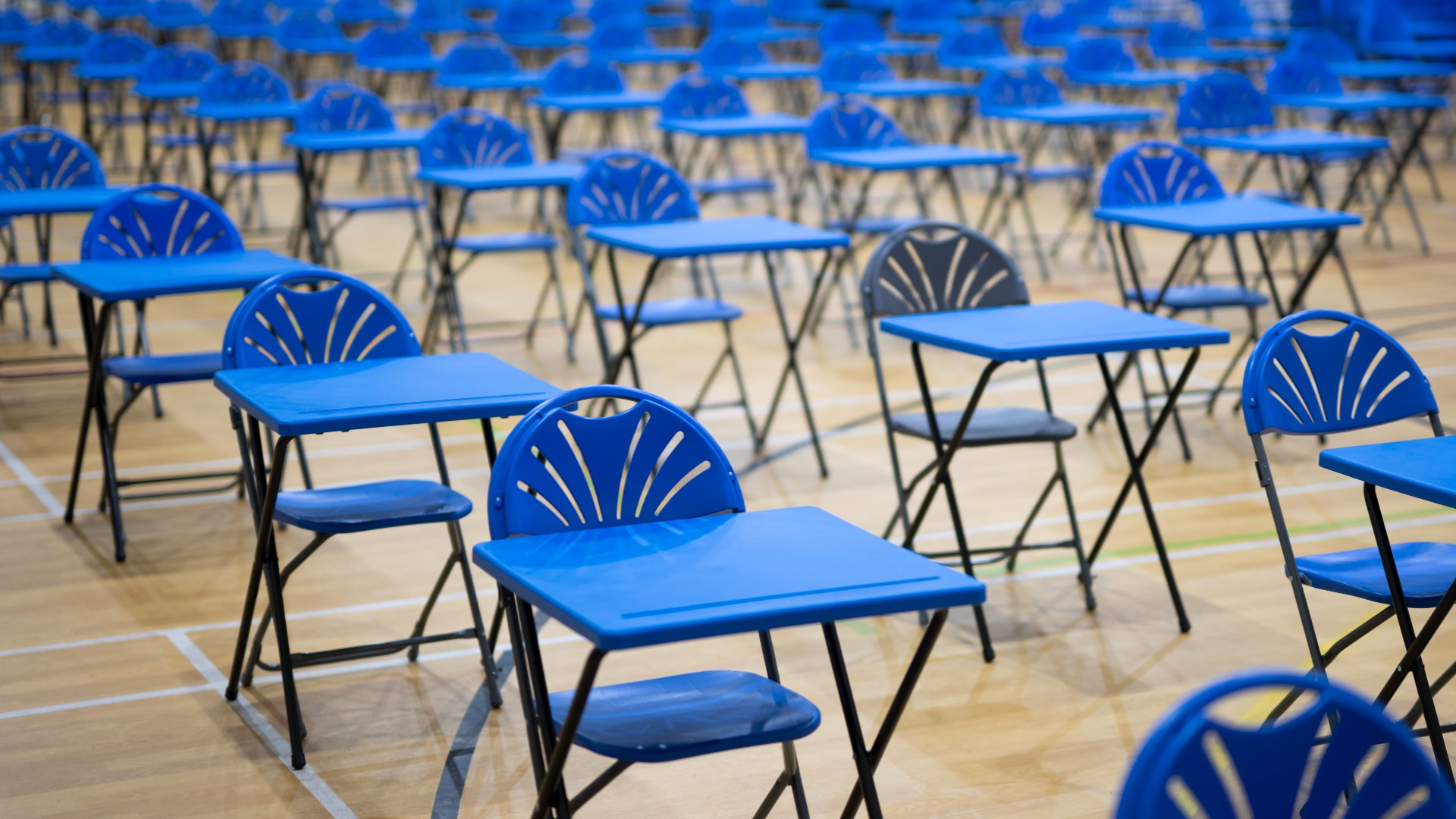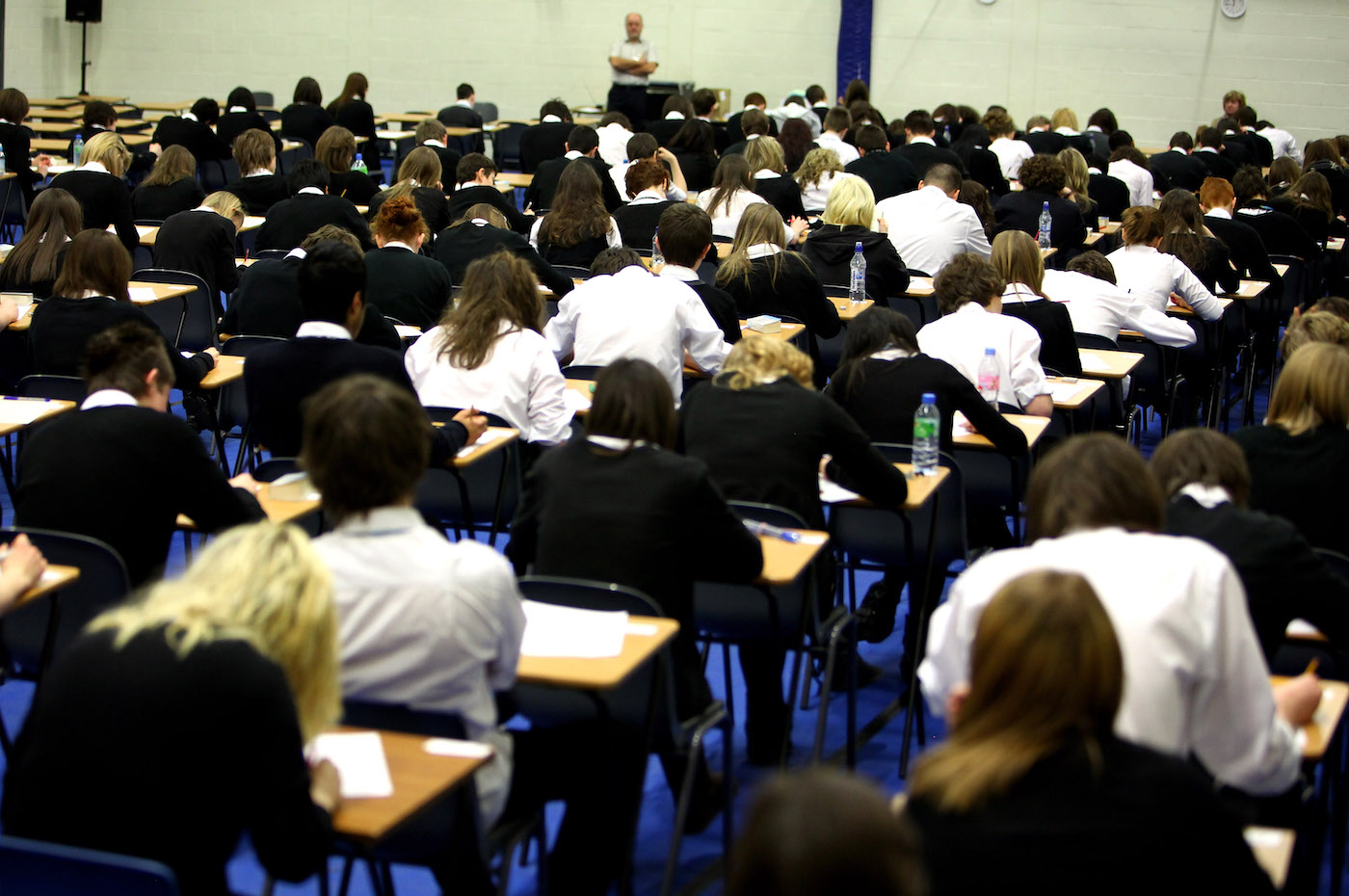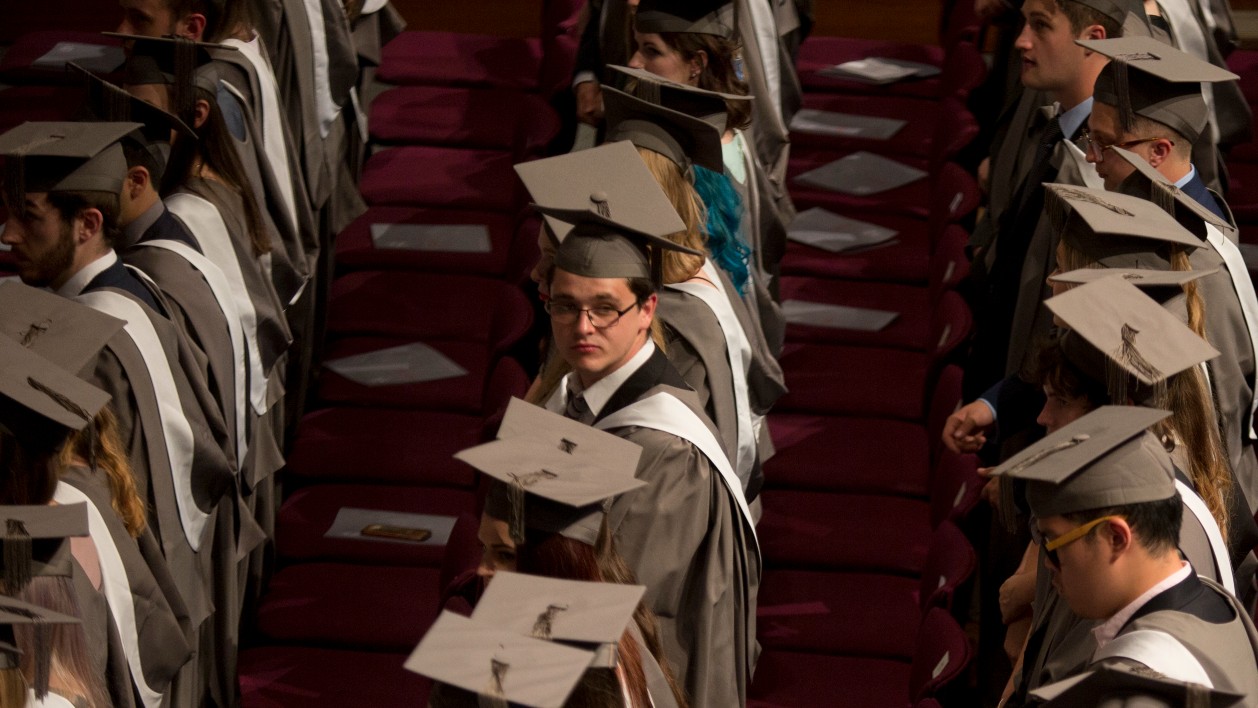How 2020 exam grades will be calculated
Exam cancellations and automated downgrades have led to fears of injustice

A free daily email with the biggest news stories of the day – and the best features from TheWeek.com
You are now subscribed
Your newsletter sign-up was successful
The cancellation of exams due to the coronavirus lockdown has led to a makeshift system of exam grading for A-level and GCSE students.
Although final marks will be based on teachers’ predictions, “exam boards are expected to lower nearly 40% of grades using a computerised marking scheme”, says the Daily Mail.
For A-level students, that could mean missing out on a place at university.
The Week
Escape your echo chamber. Get the facts behind the news, plus analysis from multiple perspectives.

Sign up for The Week's Free Newsletters
From our morning news briefing to a weekly Good News Newsletter, get the best of The Week delivered directly to your inbox.
From our morning news briefing to a weekly Good News Newsletter, get the best of The Week delivered directly to your inbox.
How does the system work?
In the absence of test scores, “teachers were asked to supply predicted grades and pupil rankings”, says The Guardian.
These marks, based on mock exams and coursework, were then “moderated using a statistical model designed to ensure consistency” and prevent teachers inflating predicted grades.
“If the evidence suggests a school has been a little too generous in how it thinks pupils would have performed,” says the BBC, “the school’s results will be adjusted downwards.”
A free daily email with the biggest news stories of the day – and the best features from TheWeek.com
What is the problem?
Since the number of top grades awarded will depend on schools’ track records, critics of the system have said it will fail to reward exceptional performance and entrench inequality.
“Ofqual has admitted that ‘high ability’ students at poor schools stand to get worse-than-deserved results this year because ‘they fall outside the pattern of results’ the computer model relies on,” says the Mail.
Can you appeal against a downgrade?
Individual pupils cannot challenge their grades. “If students believe their grades are too low and that they could have done better, then the only option is to take a new set of exams this autumn,” says The Telegraph.
Schools, however, “can appeal if they can show this year’s GCSE and A-level results do not reflect recent improvements”, the BBC reports.
However, since exam boards “have given themselves 42 days to resolve complaints”, says the Mail, revised grades would come too late for university admissions offices.
Holden Frith is The Week’s digital director. He also makes regular appearances on “The Week Unwrapped”, speaking about subjects as diverse as vaccine development and bionic bomb-sniffing locusts. He joined The Week in 2013, spending five years editing the magazine’s website. Before that, he was deputy digital editor at The Sunday Times. He has also been TheTimes.co.uk’s technology editor and the launch editor of Wired magazine’s UK website. Holden has worked in journalism for nearly two decades, having started his professional career while completing an English literature degree at Cambridge University. He followed that with a master’s degree in journalism from Northwestern University in Chicago. A keen photographer, he also writes travel features whenever he gets the chance.
-
 What are the best investments for beginners?
What are the best investments for beginners?The Explainer Stocks and ETFs and bonds, oh my
-
 What to know before filing your own taxes for the first time
What to know before filing your own taxes for the first timethe explainer Tackle this financial milestone with confidence
-
 The biggest box office flops of the 21st century
The biggest box office flops of the 21st centuryin depth Unnecessary remakes and turgid, expensive CGI-fests highlight this list of these most notorious box-office losers
-
 How will new V level qualifications work?
How will new V level qualifications work?The Explainer Government proposals aim to ‘streamline’ post-GCSE education options
-
 Pros and cons of the International Baccalaureate
Pros and cons of the International BaccalaureatePros and Cons IB offers a more holistic education and international outlook but puts specialists looking to study in the UK at a disadvantage
-
 The class of ‘23: worst off school-leavers yet?
The class of ‘23: worst off school-leavers yet?Talking Point The generation who lost critical months of schooling and weren’t able to sit their GCSEs now approaching a dysfunctional university
-
 Breastfeeding for longer linked to better exam results
Breastfeeding for longer linked to better exam resultsSpeed Read New study suggests breast milk could help secure a child top grades in GCSEs
-
 Pros and cons of GCSEs: is the exam system fit for purpose?
Pros and cons of GCSEs: is the exam system fit for purpose?Pros and Cons Tony Blair has called for ‘radical’ education reform but others want a more cautious approach
-
 The pros and cons of going to university
The pros and cons of going to universityPros and Cons Record-high costs and competition leave A-level students questioning worth of a degree
-
 English literature: is it doomed?
English literature: is it doomed?Speed Read Arts and humanities courses are under attack thanks to a shift to ‘skills-led’ learning
-
 Are UK classrooms a new political battleground?
Are UK classrooms a new political battleground?Speed Read Government has issued new guidance on political neutrality in schools